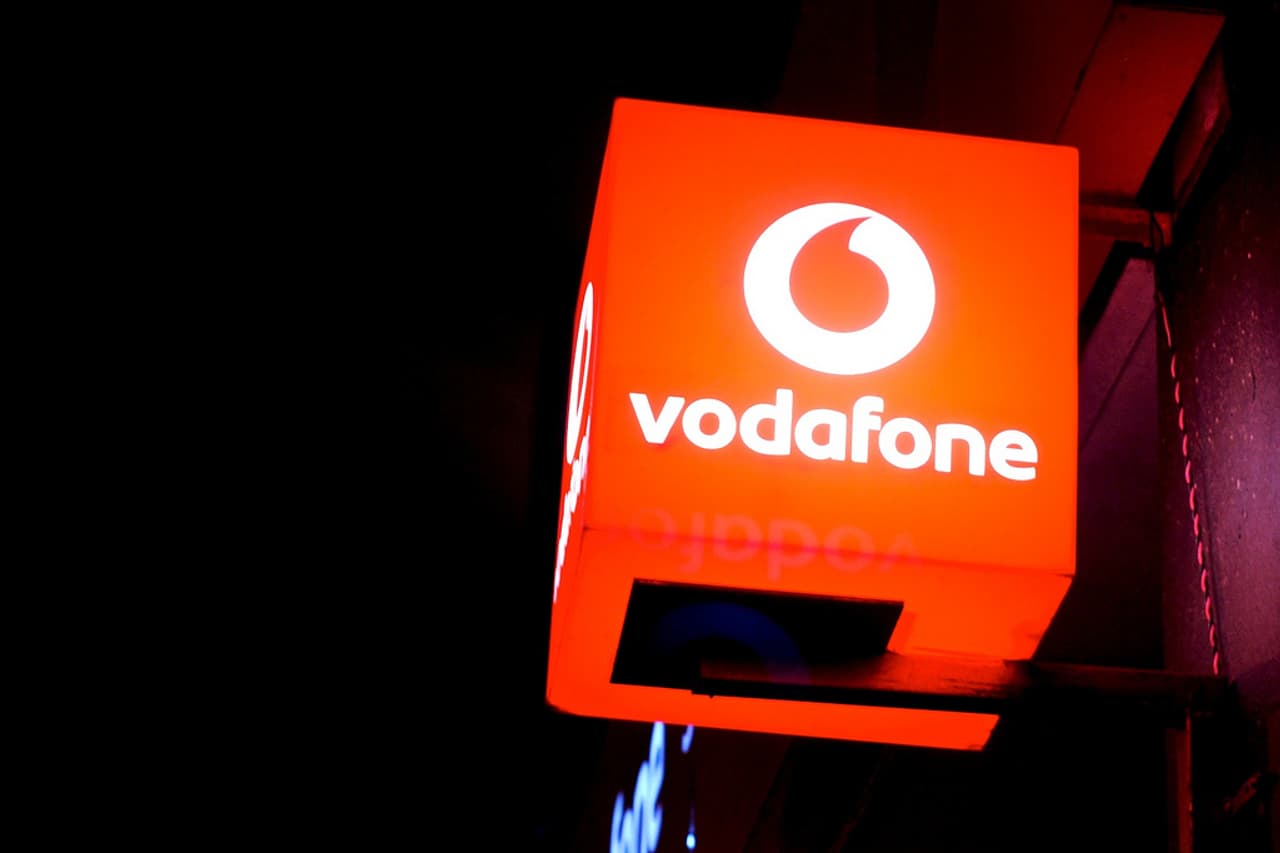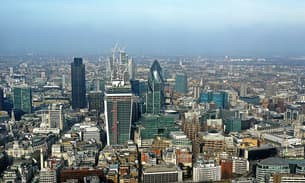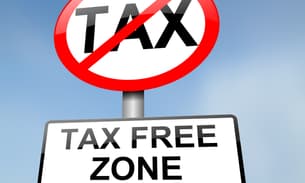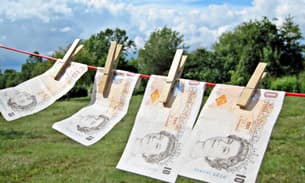
Vodafone: The story so far
By channelling finance and profits through tax-haven subsidiaries, telecoms giant Vodafone is alleged to have avoided paying the British government billions of pounds in tax.
When the firm took over German conglomerate Mannesmann in 2000, the £110bn acquisition made Vodafone – a British company – the biggest telecommunications company in the world. The purchase was routed through a Luxembourg subsidiary. And a year after taking over the Dortmund-based group, Vodafone began funnelling profits from its new acquisition through the tax haven.
HMRC launched a probe into the scheme, which became what the Financial Times called ‘one of Britain’s biggest legal battles over international tax’. Tax officials said anti-avoidance rules – the controlled foreign companies (CFC) legislation – meant Vodafone’s profits in Luxembourg should be taxed by HMRC. But Vodafone insisted the Revenue’s rules were out of line with European law.
In 2007, a London tribunal ruled that HMRC could tax the profits of Vodafone’s Luxembourg subsidiary. The High Court overturned this a year later, but after another year of legal wrangling, this ruling too was reversed by the Court of Appeal. With the disputed anti-avoidance rules cleared by the courts, the tax inspectors believed they had won.
They did not account for HMRC’s permanent secretary for tax and his ‘customer-friendly’ approach to multinationals.
Dave Hartnett signalled his intent when he told the FT: ‘HMRC is packed full of very intelligent people, but we are sometimes too black-and-white about the law.’ Hartnett moved the Vodafone investigation to a group more amenable to shades of grey.
The new team negotiated a settlement with John Connors, Vodafone’s head of tax. Before joining Vodafone, Connors worked at HMRC, where he worked closely with Hartnett handling big business.
In 2010 Vodafone agreed to pay £800m up front and a further £450m over the next five years – almost a billion pounds less than the company had set aside to resolve any such tax issues. HMRC agreed to let the Luxembourg scheme continue.
After breaking the story of Vodafone’s tax scheme, Private Eye unearthed another dodge, similar to the Mannesmann scheme.
In 1999 Vodafone acquired 45% of American telecoms company Verizon Wireless. This minority stake was held through a US subsidiary. The Eye revealed Vodafone’s American subsidiary borrowed $12.6bn in 2006 from a Luxembourg company called Vodafone Luxembourg 5 sarl.
Private Eye maintains the loan actually came from the company’s Swiss branch. The complicated arrangement was designed to take advantage of tax exemption for Luxembourg companies’ foreign branches.
In 2007 Vodafone increased the loans from the Luxembourg subsidiary to the American subsidiary to $27bn. For three years, this generated $2.5bn a year in interest, which was taxed at just 0.03%. Vodafone Luxembourg 5 sarl had a wage bill of just $8,000.
Private Eye described the scheme as being even more artificial than the previous ploy, and calculated that the Treasury should have netted £2bn. But it appears it was cleared by the same deal struck over the Mannesmann profits.
The scale of Vodafone’s apparent tax avoidance and HMRC’s seemingly supine attitude caused public outcry. This intensified when it was discovered Hartnett had struck yet another dubious deal. After a long-running dispute over taxing employee pay and bonuses, Harnett signed off on a deal with Goldman Sachs. The biggest name in investment banking was reportedly let off paying £10m interest on an unpaid bill for the bank’s National Insurance contribution.
At an appearance before parliament’s Public Accounts Committee (PAC) in November 2011, chair Margaret Hodge accused Hartnett of lying, and on December 9 the Telegraph reported the civil servant would leave his post in summer 2012. The PAC published a scathing report into HMRC’s tax collectors 11 days later, estimating Hartnett’s department had let big business off £25bn in tax.
With government spending cuts and an austere future for Britain loomed, tax avoidance became a significant source of public anger. Protest group UK Uncut was formed in reaction to reports of the Vodafone deal and others like it. The protesters’ direct action garnered widespread publicity for the anti-tax avoidance cause.
Christian Aid’s Trace the Tax campaign pilloried Unilever as well as Vodafone. The charity declared ‘tax dodging costs lives’ in its bid to highlight the global scale of tax avoidance. The volume of the public outcry caused the FT to suggest balance sheets as well as reputations will be hit by tax avoidance scandals.
But as the extent of Barclays Bank’s tax avoidance became clear last month, a leader in the FT struck a pessimistic note. Avoidance schemes will not go away, the paper said, without a change in corporate culture or changes to ‘a tax system that invites avoidance’.




